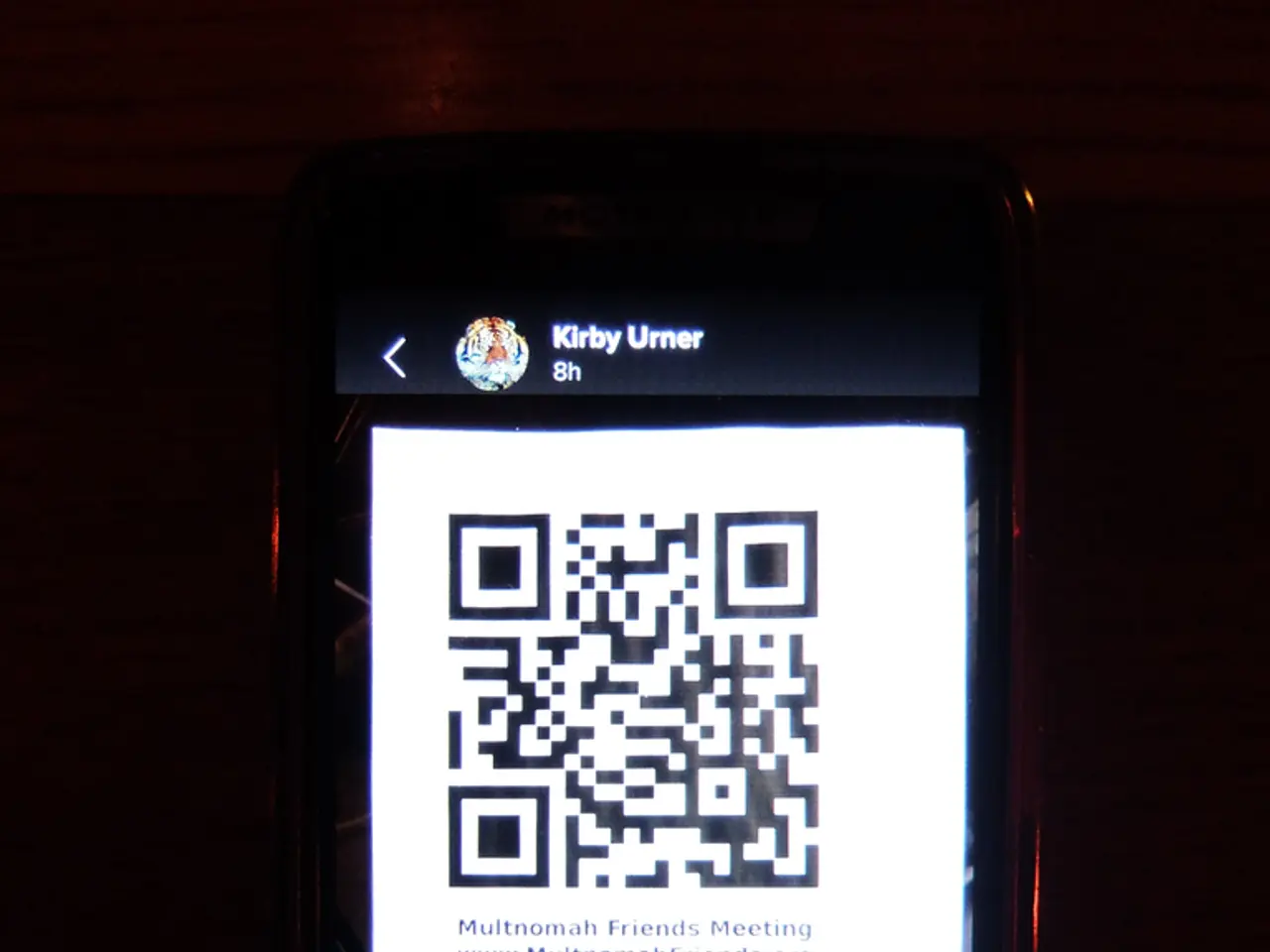Deceitful individuals are now adopting fresh strategies to fool motorists.
In recent times, there has been a sharp rise in fraud schemes targeting drivers in Russia. These digital car scams, as reported by DEITA.RU, involve the use of phishing links, fake QR codes, and malicious apps to extract payments or steal personal data.
Yuri Silaev, the head of the Trustworthy AI Lab at RТU MIREA, has issued a warning to all drivers about this issue. In an interview with RT, he highlighted the threats posed by deepfakes, which are being used by scammers to mimic calls from traffic police or insurance companies.
One common tactic used by these fraudsters is to send messages or emails claiming that a driver's EPTS (electronic toll collection system) is blocked or their tech inspection has expired. The scammers then demand immediate payment of non-existent fines or services through phishing links. It is crucial for drivers to be vigilant and verify all documents before making any payments.
Malicious apps disguised as car diagnostic services or fine payment tools are also a danger. These apps, once installed, can steal passwords from banking accounts. Therefore, it is recommended to only use official payment apps for any transactions.
To protect themselves from these digital threats, drivers are advised to practice vigilance during transactions, maintain strong digital hygiene, and use technological security measures like two-factor authentication (2FA) and antivirus programs. They should be cautious of urgent offers, especially those involving deepfakes of reputable automotive bloggers or experts.
The Interior Ministry has also issued some specific advice. They advise drivers to avoid falling for pressure tactics such as "price valid only today" or fake buyer interest often used in social engineering scams involving deepfakes. They also recommend treating messages or calls claiming to be from well-known personalities with skepticism, especially if they prompt quick financial decisions.
Additional precautions include limiting the connection of mobile devices to car systems unless necessary, as Bluetooth and infotainment units can be attack vectors for theft of personal data. Institutions dealing with vehicle sales are also advised to adopt AI-powered tools to detect fraud at scale and comply with best practices regarding consent and messaging security.
In summary, Russian drivers should combine careful scrutiny of offers and verification of identities and documents with cybersecurity best practices like 2FA, antivirus use, and cautious management of digital footprints within car systems to guard against emerging deepfake-based and personal data scams. Staying informed about supply chain risks and keeping updated on legislation and security best practices is also crucial.
[1] DEITA.RU [2] Interior Ministry [3] Trustworthy AI Lab at RТU MIREA [4] Russian authorities on improving critical information infrastructure security
- Given the rise in digital car scams, as reported by DEITA.RU, and the use of deepfakes by fraudsters, Yuri Silaev, head of the Trustworthy AI Lab at RТU MIREA, advises drivers to practice vigilance during transactions, maintain strong digital hygiene, and use technological security measures like two-factor authentication (2FA) and antivirus programs.
- To protect themselves from these digital threats, it's recommended by both the Interior Ministry and Russian authorities on improving critical information infrastructure security to be cautious of urgent offers, especially those involving deepfakes of reputable automotive bloggers or experts, limit connections of mobile devices to car systems unless necessary, and stay informed about supply chain risks and updated on legislation and security best practices.




